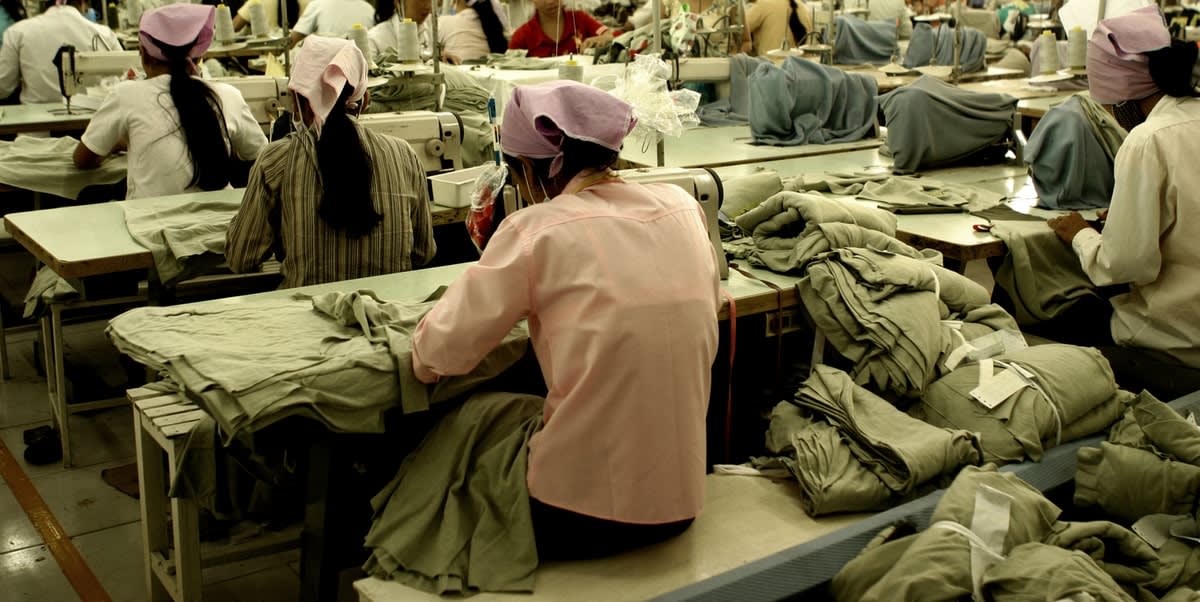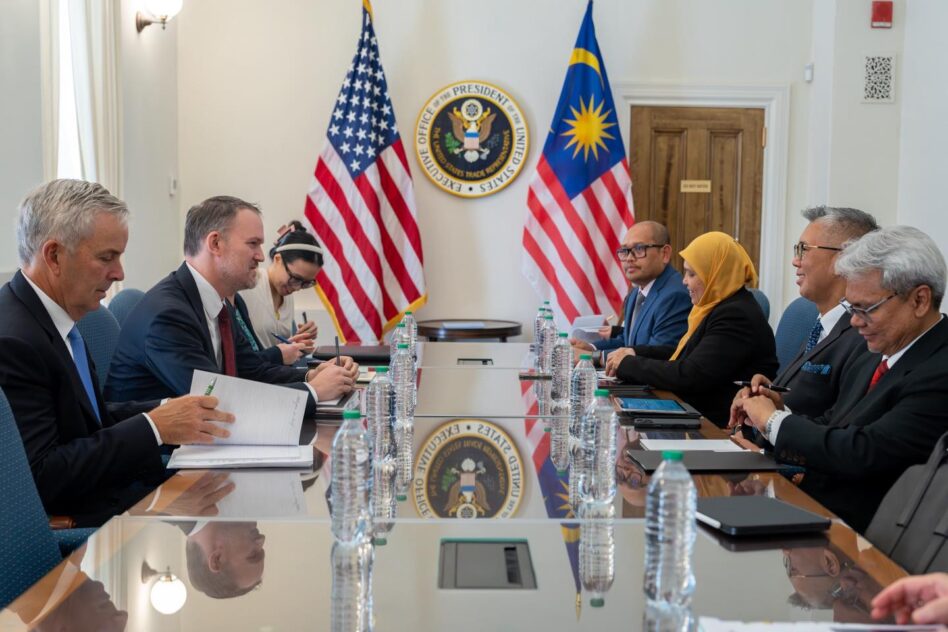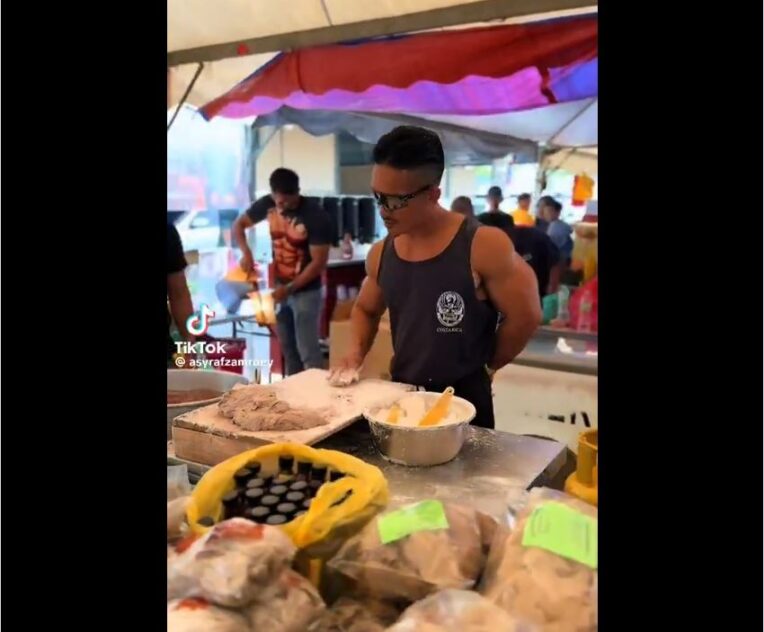MALAYSIA-based global plantation giants FGV Holdings, Sime Darby Plantations and IOI Corporation share the dishonour of being shamed internationally for using forced labour in their migrant workforce dependent operations in Malaysia.
Their products were banned by US Customs and Border Protection (US CBP), and dropped from supply chains.
Several glove companies – including the world’s largest medical rubber gloves maker Top Glove Bhd, Supermax Corporation and Smart Glove that are among the few businesses that prospered from the devastating pandemic – also share this notoriety for modern slavery and human rights abuses at their workplaces and workers’ living quarters.
The league also includes companies like Goodyear Malaysia, one of the largest tyre makers in the world, and ATA IMS Bhd, a major supplier of parts for UK based home appliance maker Dyson Ltd from which ATA earns 80% of its revenue.
This is only a list of offenders over the last two years, and it will not be far-fetched to imagine that many other top companies are in line for a place in this unenviable league, if their luck runs out.
The crime of these companies are simply that in these modern times, they persisted in having a “slaveowner mentality”, treating their workers like slaves, like they own these people, therefore, are not entitled to human and workers’ rights.
Some were in total disregard of the Government’s guidelines on housing, cramping their workers into unhygienic and unsanitary quarters, thus permitting disease and infection like COVID-19 to sweep through and form large clusters.
Among these largest in the world and giants are those who flouted the most basic of labour laws, not paying wages for months on end, and making unlawful wage deductions.
Forcing submission by holding workers’ passports was another crime. Some companies extracted overtime of 229 hours – more than double the lawfully permitted 104 hours a month! Some companies illegally reclaimed recruitment fees through debt bondage. Women workers were sexually harassed at some of these workplaces; they were beaten and assaulted in a day and age when all human beings are said to be free and society freed from slavery.
Clearly crimes against migrant workers are not due to businesses struggling during hard times. World class conglomerates have shown they have no qualms about resorting to illegal and oppressive means to cut costs to increase profits. Local and migrant workers are already victims of wage suppression, earning a starvation wage of RM1,200 monthly and can ill afford to be further squeezed.
Malaysia, a 70% export dependent nation, suppresses wages in order to compete with other low wage economies in the region to attract foreign direct investment. Curiously, wage suppression in the supply chain, the exploitation of millions of workers in developing countries is not listed as an indicator of forced labour by the International Labour Organization (ILO), and not called out by the US CBP.
So, it is like these foreign investors are decent blokes, not slaveowners like the cogs in the chain. The shores of our low wage economy with its massively under-priced products are grounds of origin for the making of super profits for big global brands. The profits of the cogs, the Malaysian manufacturers, pale in comparison.
M’sia’s lackadaisical attitude
US CBP’s action is triggered by petitions from concerned groups that have received complaints of labour and human rights abuses from workers. What is damning about this is that the petitioning is the action of last resort, after attempts to rectify the situation through complaints to the relevant labour agencies right up to the ministry in charge failed. So, the complaints of forced labour at the Malaysian factories called out by US CBP were repeatedly brought to the attention of the authorities in Malaysia, but they were not resolved.
It was the banning of Malaysian products, and the severance of valuable contracts with Malaysian companies that made the Government sit up swiftly and work on initiatives like the Forced Labour National Action Plan. It is frustrating that despite years of lobbying by civil society to resolve migrant labour issues at the root, only the stick seems to yield results.
The way forward for workers in this bleak situation of exploitative employers, reticent Government, and dominant global capital is for changes to be made at three levels, which are:
- The Malaysian Government must radically and immediately revamp its labour migration situation by formulating a comprehensive labour migration policy based on its 11th Malaysia Plan recommendations, and those of the Independent Committee on Migrant Workers set up by an earlier Cabinet.
The policies must address factors that have led to the overdependence on migrant labour, the huge number of undocumented workers, human trafficking, and forced labour and other abuses.
Policies must eliminate all middlemen and private entities, ensure that recruitment is based on labour shortage (after taking into account the refugee population) – to complement and not undermine local labour – and ensure the human rights of all workers. Importantly, it must ensure an effective right to redress, for workers with grievances to safely access justice. - At the ASEAN level, Governments must discuss how together they can present a united front for higher wages, higher corporate taxes and decent environmental laws for the region instead of pursuing the current suicidal race to the bottom.
The exploitation of migrant labour is not primarily due to moral ineptitude on the part of ASEAN employers. It is an integral part of the cut-throat competition which our small and medium enterprises (SMEs) are trapped in – they have to achieve the lowest possible cost of production so as to attract FDI and to increase market share.
An operating environment based on cut-throat competition cannot but result in “slave-like” conditions for the most vulnerable workers. - The ILO and US CBP must stop playing double standards by treating wage suppression as kosher and letting the big brands get away.
Wage suppression involves the denial of a large portion of wages due (compare against the minimum wage paid for the same work by workers in developed countries), and therefore the extraction of free labour. So, wage suppression must be listed by the ILO as an indicator of exploitation, human rights abuse and forced labour. – Dec 18, 2021
Rani Rasiah is a member of the Migrant Workers’ Right To Redress Coalition (R2R).
The views expressed are solely of the author and do not necessarily reflect those of Focus Malaysia.









